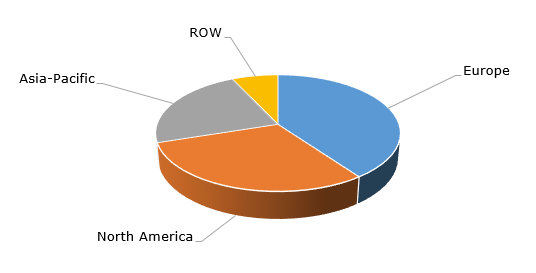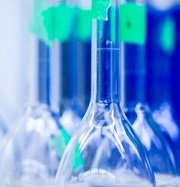Propionic acid and its salts comprise a group of versatile products used in numerous applications. Their major application areas are in the agriculture and food industry or more specifically in the production of animal feed and food preservation. Propionic acid and its calcium, potassium and sodium salts are known for their ability to suppress mold formation in food products without affecting their flavour properties. Other valuable applications feature the production of pharmaceuticals (incl. those used for veterinary purposes), cellulose plastics, herbicides, perfume bases, butyl rubber, etc.
Propionic acid and its salts are generally considered safe by official regulatory organisations. For instance, food-grade propionic acid manufactured by Eastman corporation fully conforms to the Food Chemicals Codex. In general, propionates are metabolised in human and animal organisms, thus following the behaviours of other fatty acids. Moreover, fatty acids, like propionic acid, are naturally produced by human intestine bacteria via the breakdown of undigested carbohydrates and starches, so they are naturally present in the human organism. However, recent researches confirm some possible side-effects of its extensive exposure. Propionic acid is known for its antimicrobial properties, which form the basis of its use in the food industry and agriculture. The same property may lead to negative outcomes, when prior exposure to propionic acid may induce the so-called adherent-invasive E. coli pathogens, potentially associated with inflammatory bowel diseases.
The market for propionic acid has been growing at a steady pace driven by propionic acid useful properties in feed animal and food additive sectors which fuels healthy demand for it. However, the current challenges (COVID-19 pandemic, plausible economic recession, economic slowdown in China, etc.) may significantly undermine this scenario.
Propionic acid: structure of the global consumption by region

Nevertheless, despite these challenges the propionic acid market fundamentals remain strong. This is confirmed by business activities of propionic acid key producers, like BASF and SINOPEC, to further develop and expand the propionic market. These two companies established a 50-50 joint venture entity, BASF-YPC Company Limited, with a propionic acid-manufacturing facility in Nanjing, China. In May 2019, they expanded its capacity from about 40 thous. mty to about 70 thous. mty, which made it one of the leading propionic manufacturing sites in Asia-Pacific. With respect to the current coronavirus pandemic, the city of Nanjing has showed incredible managerial skills and determination in combating the virus effects, which largely facilitated the work of this BASF-YPC enterprise. Despite numerous challenges of both economic and other nature, the prospects of the propionic acid market look positive.
Find a detailed analysis of the global propionic acid market in the in-demand research report “Propionic Acid: 2020 World Market Outlook and Forecast up to 2029”.
